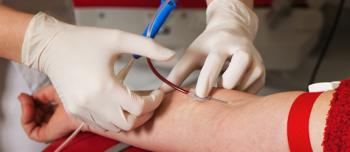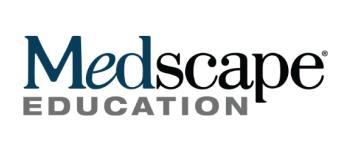As a member of the Plasma Users Coalition (PUC) in the U.S., the National Hemophilia Foundation (NHF) has responded to a call for support of The Dublin Consensus Statement on Vital Issues Relating to the Collection of Blood and Plasma and the Manufacture of Plasma Products. The call was made by the World Federation of Hemophilia in an April 9th memorandum to PUC members. PUC represents a group of national organizations whose constituents take life-saving plasma products for medical conditions such as hemophilia and immune deficiencies.
NHF is pleased to lend its name and support to the statement, which was made in response to the steadily increasing global demand for plasma-based therapies. The statement is part of an initiative by the European Coalition of Plasma Users (PLUS) to ensure adequate supply and safety of the global blood and plasma supply. It was authored by Brian O’Mahony, chief executive of the Irish Haemophilia Society in Dublin, and Alison Turner, general manager and chief executive officer of National Blood Authority in Canberra, Australia.
The statement was the result of a substantive discussion among PLUS representatives at a conference that took place in Dublin, January 7-8, 2010. Participants sought to reconcile the growing need for safe plasma supplies with divergent approaches to blood and plasma collection. While a few countries use a system that pays donors for plasma donations, most others do not. This leaves many countries with inadequate plasma supplies, forcing them to import plasma from countries with both systems, such as Germany, the Czech Republic, Austria and the U.S.
The statement outlines three major global priorities: 1. Provide safe and sufficient blood components in all countries through the development of national blood transfusion systems based on voluntary (unpaid) donors. 2. Maintain sufficient and sustainable supplies of blood components from established blood transfusion services, based on voluntary (unpaid) donors. and 3. Provide an adequate supply of plasma products from “recovered” (taken from whole blood donations or obtained from expired fresh frozen plasma) and source plasma to meet patient needs on a global level.
The document also outlines guiding principles, emphasizing patient needs, blood product safety and donor rights.
PLUS members in attendance included: the National Blood Authorities from Canada, Australia and Ireland; the International Society of Blood Transfusion (ISBT); Plasma Protein Therapeutics Association (PPTA); the International Plasma Fractionation Association (IPFA); the European Blood Alliance (EBA); the World Federation of Hemophilia (WFH); and the International Federation of Blood Donor Organizations (IFBDO). A follow-up conference will be held in 2011 to advance PLUS initiatives.





